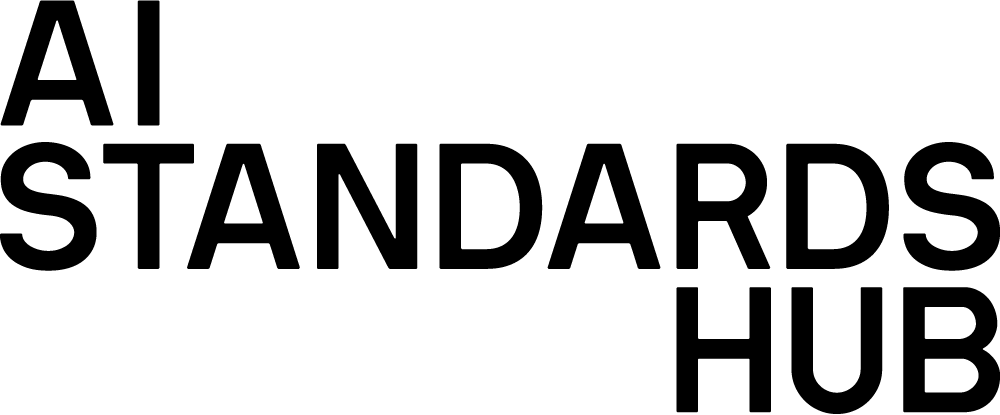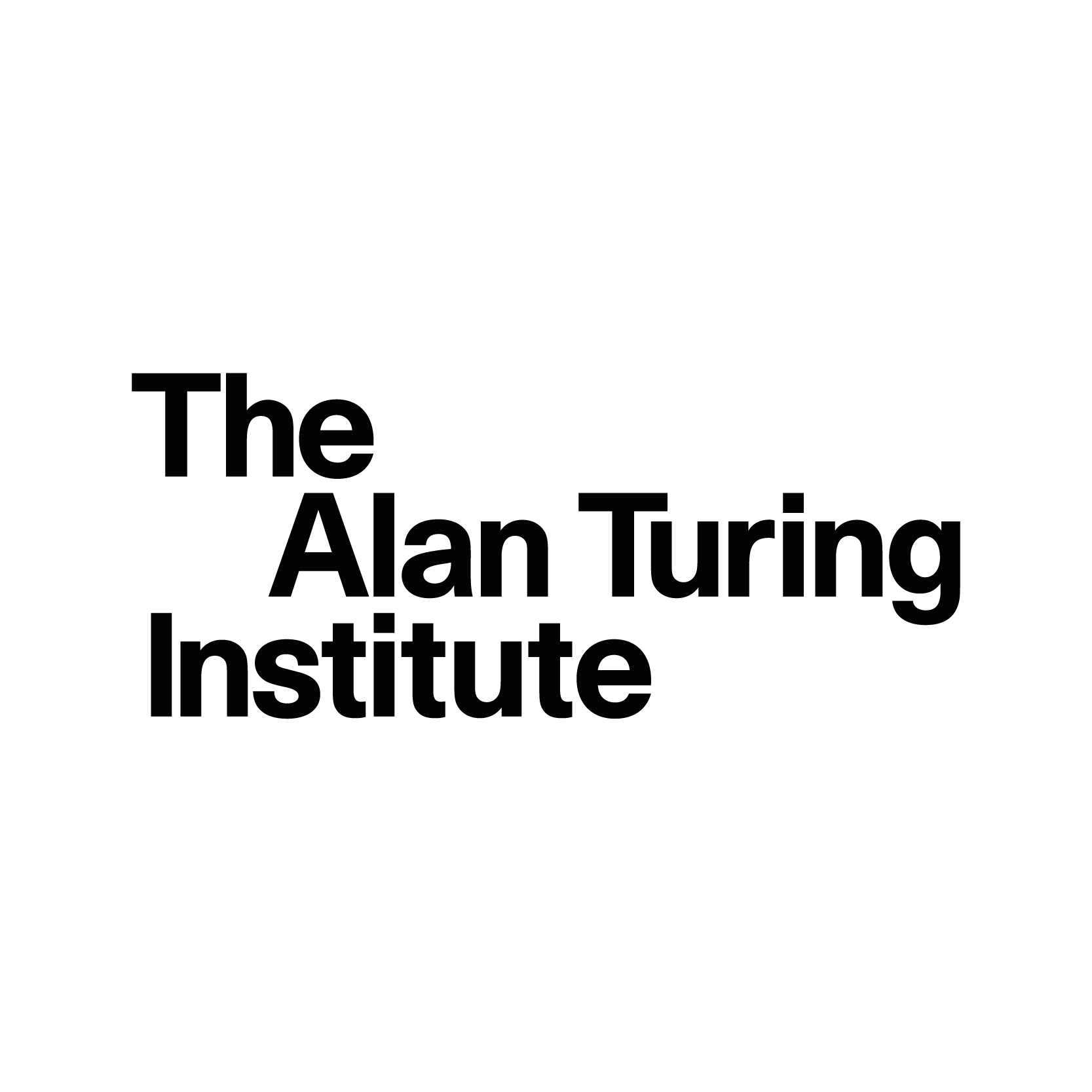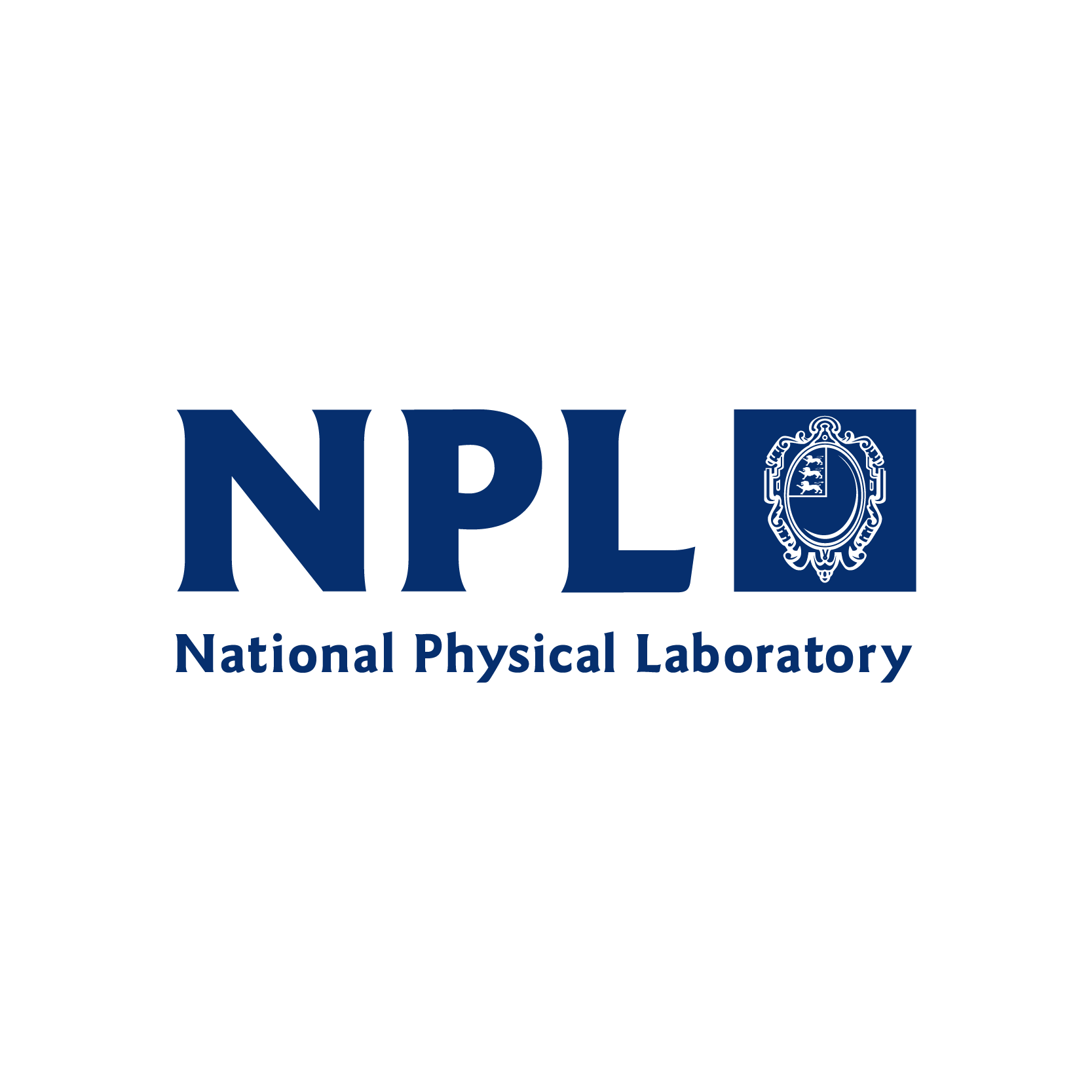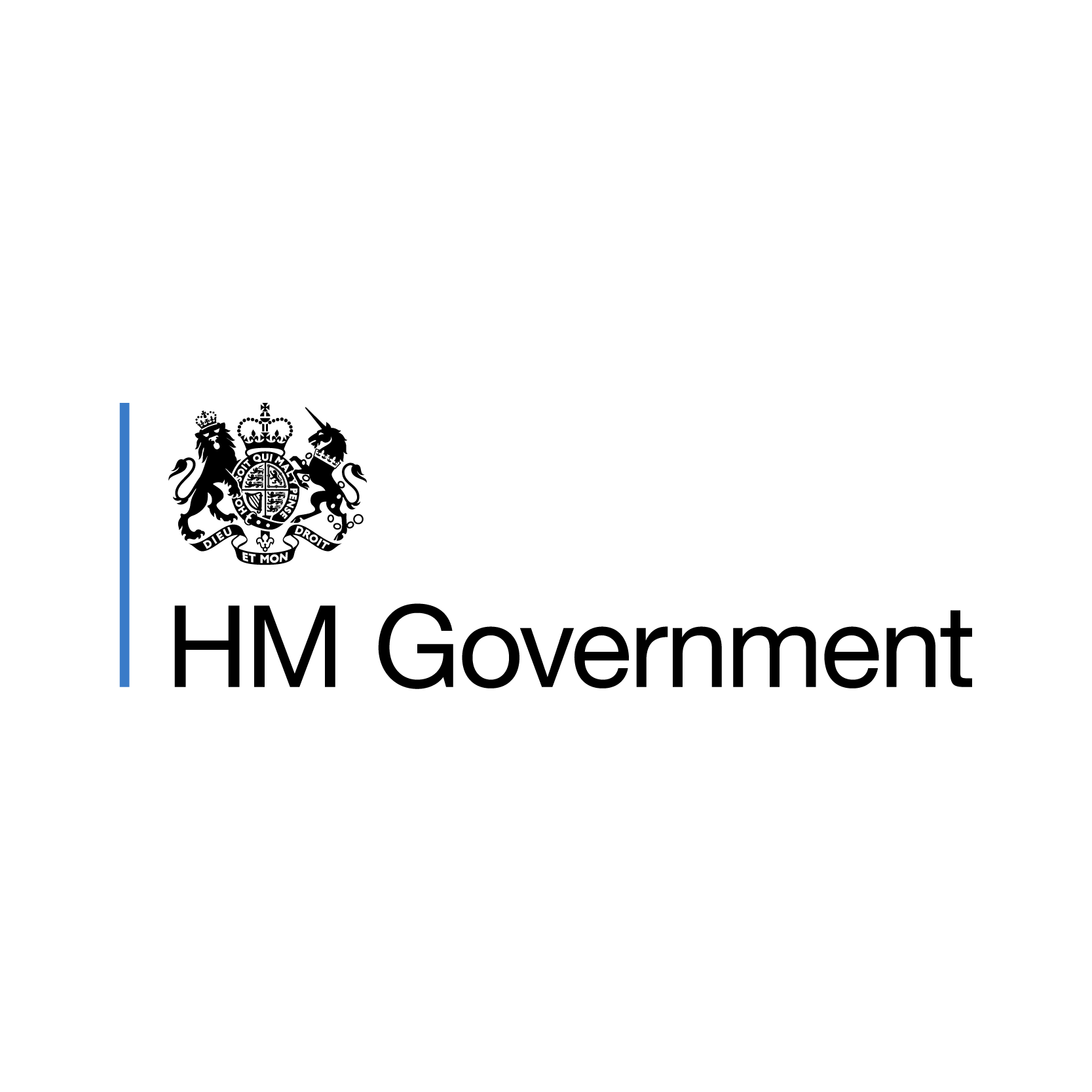About the
AI Standards Hub
The AI Standards Hub is a new UK initiative dedicated to the evolving and international field of standardisation for AI technologies.
The Hub’s mission
As part of the UK’s National AI Strategy, the Hub’s mission is to advance trustworthy and responsible AI with a focus on the role that standards can play as governance tools and innovation mechanisms.
A rapidly growing range of AI-related work is underway across an increasing number of Standards Development Organisations (SDOs) around the world. Against this background, the AI Standards Hub aims to help stakeholders navigate and actively participate in international AI standardisation efforts and to inform the direction of these efforts. Dedicated to knowledge sharing, community and capacity building, and strategic research, the Hub seeks to bring together industry, government, regulators, consumers and civil society, and academia with a view to:
-
- shaping debates about AI standardisation and promoting the development of standards that are sound, coherent, and effective,
- informing and strengthening AI governance practices domestically and internationally,
- increasing multi-stakeholder involvement in AI standards development, and
- facilitating the assessment and use of relevant published standards.
In pursuing its mission, the AI Standards Hub will:
-
- adopt a global perspective and engage with relevant initiatives around the world to promote coordination and coherence at the international level,
- emphasise stakeholder inclusiveness and give special consideration to stakeholder segments that are traditionally underrepresented in standards development processes (including civil society organisations and SMEs),
- promote interdisciplinarity to ensure that AI standardisation efforts benefit from all relevant forms of technical and non-technical expertise and incorporate considerations of ethics to realise socially beneficial innovation.
The Hub’s four pillars
The AI Standards Hub’s work is structured around four pillars which are reflected in the features of the Hub’s interactive online platform and the Hub’s programme of live and in-person events.
Pillar 1: Observatory
The Hub’s website features multiple interactive libraries that function as an observatory for AI standardisation and related developments in the UK and around the world. The principal component of this pillar is the Hub’s AI Standards Database, a searchable catalogue of standards being developed or published by relevant SDOs. Additional libraries keep track of other documents and publications with implications for standards, such as government strategies, standardisation roadmaps, or laws and regulatory requirements with relevance for AI technologies.
Pillar 2: Community and collaboration
The Hub serves as a convenor and platform to facilitate new connections, coordination, exchange of ideas, and collaborative problem-solving across stakeholder groups on key themes and topics. This pillar comprises workshops and other live events, alongside online discussion forums and other interactive website features. Collaborative activities will address objectives such as identifying priorities and challenges, developing shared strategies, and building consensus around best practices.
Pillar 3: Knowledge and training
The Hub acts as a resource for developing knowledge and skills needed to effectively engage with the field of AI standardisation. E-learning materials and in-person training events aim to equip stakeholders to actively contribute to the development of standards and to use and interpret standards that have been published. This includes procedural knowledge about the development and use of standards as well as substantive knowledge about AI-related best practices that standards should seek to capture.
Pillar 4: Research and analysis
The Hub provides research and analysis on strategic questions related to AI standardisation. This work will serve to shape the direction of standards development efforts and to inform thinking about the role of standards within the broader AI governance context in the UK and internationally. Examples include landscape surveys, gap analyses, and policy recommendations.
The organisations behind the AI Standards Hub
The AI Standards Hub is a partnership between The Alan Turing Institute, the British Standards Institution (BSI), and the National Physical Laboratory (NPL). The initiative is supported by the UK Government through the Department for Science, Innovation and Technology (DSIT).
The Alan Turing Institute is the UK’s national institute for data science and artificial intelligence (AI). The Institute’s mission is to make great leaps in data science and AI research in order to change the world for the better. Today, the Institute is a community of more than 500 researchers, a growing team of in-house researchers, software engineers, and data scientists, and a professional services team. The Institute convenes activity across the data science and AI community through partnerships with universities and research institutes across the UK, as well as with industry, third sector and public organisations, with nine strategic partnerships.
BSI builds trust in digital transformation by convening stakeholders to agree priorities for action, then create and share consensus-based best practice. BSI is an independent, trusted partner to government and industry, and helps protect consumers from digital harms. BSI’s work addresses people and processes, as well as technology, to increase understanding, confidence and value for all. As the National Standards Body, BSI also represents the UK on the world stage, playing a leading role in the development and take-up of international standards.
The National Physical Laboratory (NPL) is the UK’s National Metrology Institute, responsible for developing and maintaining our national primary measurement standards. NPL undertakes excellent science and engineering to deliver extraordinary impact for the UK, providing the measurement capability that underpins the UK’s prosperity and quality of life. NPL will be utilising its metrology and measurement expertise to provide confidence in the technology and data underpinning AI. Using its world-leading expertise to build the necessary digital technology standards and quality infrastructure, NPL bridges the gap between the physical and digital worlds, providing the unique traceability and measurement standards that demystify and enable trustworthy and explainable AI.
The Department for Science, Innovation and Technology (DSIT) leads the Government’s strategic engagement on digital technical standards. It works with the multistakeholder community to shape the development of global digital technical standards in the areas that matter most for upholding our democratic values, ensuring our cyber security, and advancing UK strategic interests through science and technology.






